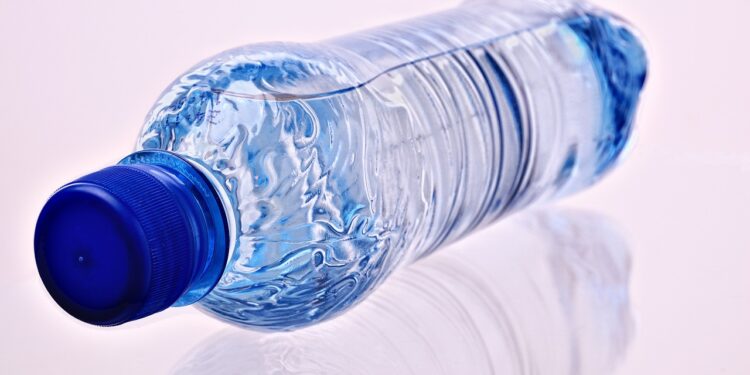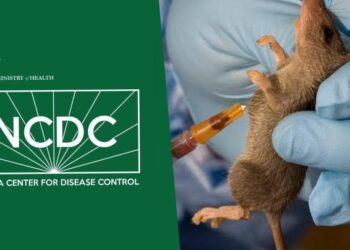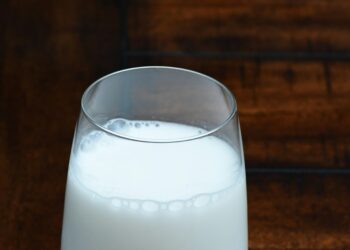Bottled water is very common these days; you can find it at events, schools, offices, sporting activities, and so on. For starters, bottled water is incredibly convenient; simply grab one and go. People also believe it is a cleaner, healthier alternative to tap water. However, no matter how good a thing is, there is always a drawback, and bottled water is no exception.
With precisely 550 million households consuming bottled water globally, knowing the drawbacks of constantly consuming bottled water seems like a relevant option. Now, before you buy another pack of bottled water, here are some of the health risks it poses.

Chemical Leaching
Starting off strong we have one of the most concerning risks of consuming bottled water, which is chemical leaching. The plastic used in making bottle water often contains chemicals like BPA short for Bisphenol A and phthalates. Chemicals like these make the bottles strong and equally flexible.
While these chemicals are part of plastics, they don’t always stay in it. In moments when the bottle gets hot like when it’s left in a car for too long, these chemicals can leak into the water.
Now the big question is what do these chemicals do when they get into the water. Well when they get into the water, we unknowingly drink them. When that happens and chemicals like BPA enter the body, it throws off the normal balance of your hormones. Studies have shown that phthalates have been linked to reproductive health issues. Drinking water contaminated with BPA and phthalates can increase chances of getting cancer, diabetes, and heart disease over time.
Potential for Contamination
Even though a lot of people think bottled water is safer than tap water, there’s still a chance it can get contaminated with bacteria. It is possible for bacteria to get into the water during the bottling process. That can happen especially if the seal on the bottle isn’t perfect.
Another case to consider is that the bottled water may not have been stored or handled properly; like being left open too long or kept in dirty places; they can become contaminated because bacteria grow faster in warm or dirty conditions.
Environmental Impact
The last but not the least is how these plastics impact our environment. Creating plastic bottles alone uses up a lot of oil and energy, which equally pollutes the environment and makes climate change worse because of all the greenhouse gasses released during production.
Have you ever wondered what happens to all the used plastic bottles? Most of these plastic bottles end up in landfills, and a good number of them end up in the oceans. Plastics are one of the things that takes hundreds of years to break down, meaning that they stay in our environment for a really long time. This harms animals, most especially marine life, and destroys the ecosystem.
Basically, what these plastic bottles do is take up space and add pollution to the environment.
Are There Any Alternative To Bottled Water?
After all these factors have been laid out, it’s only logical to seek alternative options. The number one sustainable option is water. While tap water in many areas is considered safer than bottled water, because of the regulated testing and treatment done to it, some water in other places may not be the same.
For areas with untreated water, you can treat your water at home using natural or artificial coagulants like moringa seeds, plantain peel ash, and alum respectively.
After the particles in the turbid water have been coagulated, you’ll proceed to filtering the water. For extra sterile water, you can boil the water before adding disinfectants like chlorine.
In addition, instead of storing your water in plastics, you can use reusable bottles made from stainless steel or glass.
These bottles are durable, environmentally friendly, and help to reduce the amount of plastic waste in the environment.
Conclusion
While bottled water may seem cleaner and safer, there are some risks that come with it. Harmful chemicals can leak into the water, bacteria can get in, and all that plastic waste is terrible for the environment. The good news is there are better options, like drinking tap water (with a filter and purifying agents if needed) and using reusable bottles.

















